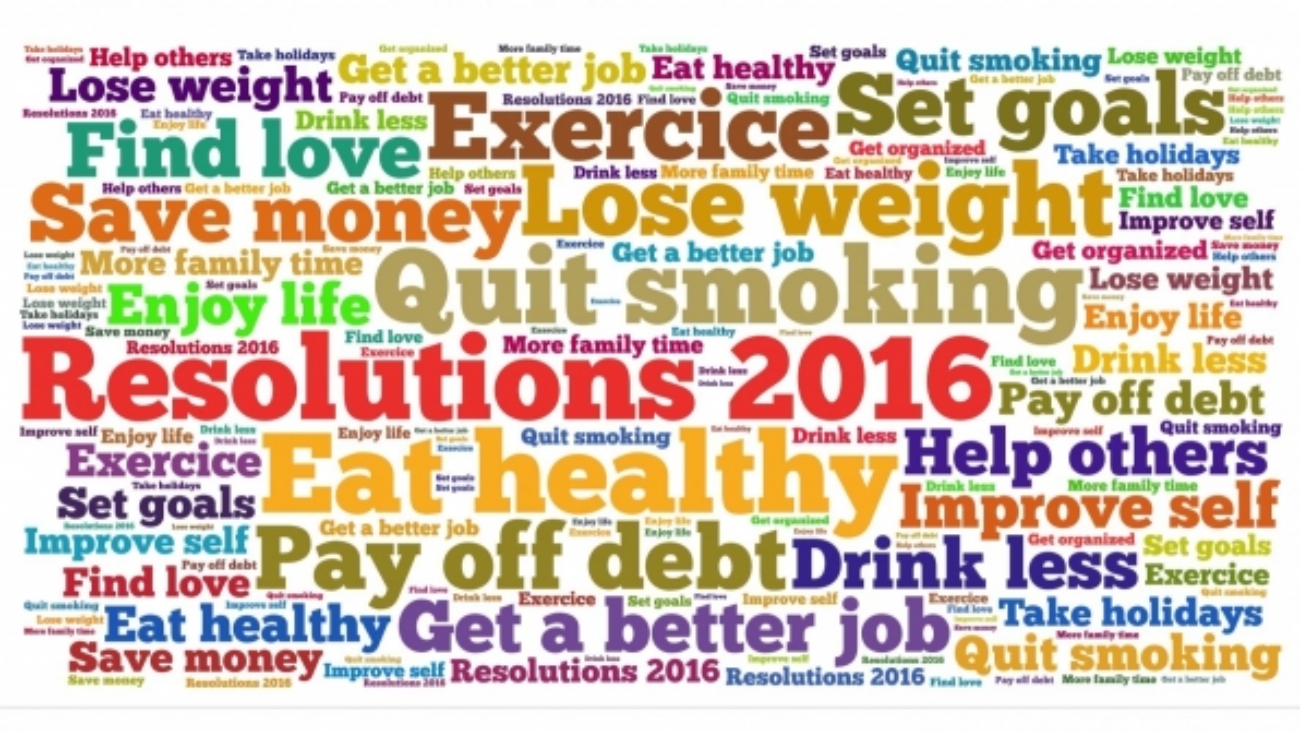by Dr. Shelese Pratt ND @ The Pratt Clinics
Boulder, Colorado
303.284.3180
At the beginning of the year we commit ourselves to exercise and eating better but eventually we go back to drinking 3 cups of coffee, skipping the gym and eating our comfort foods. By late February, most people forget their New Year’s intention. Instead of making a New Year’s resolution this year, maybe you can commit yourself to making some lifestyle changes that last a lifetime.
Try to employ these basic tenants to health. Print this out and focus on one topic per month to make them a habit.
January: Chew your food and stop drinking anything with your meals.
February: Avoid your food sensitivities. If you don’t know what they are, you should try a food elimination diet or call my office and we can run a test.
March: Take a quality probiotic, multi-vitamin (make sure it has folinic acid or MTHFR. Never take any supplement or food with folic acid), and fish oil.
April: Drink more clean water through out the day. Invest in a good water purifier, and drink ½ of your body weight in oz. through out the day.
May: Buy, prepare and eat green leafy vegetables and other colorful vegetables. Leafy green vegetables are good for your liver and reduce inflammation in your body. Most people know they need more vegetables but they still don’t find them on their plate.
June: Go to bed earlier and get more sleep.
July: Exercise every day. Find a friend that will take a class with you. It’s harder to skip out on your exercise routine if you have someone to hold you accountable.
August: Meditate for 5 minutes everyday. It can be as simple as lighting a candle and sitting for 5 minutes each day.
September: Take 10 deep breaths every time you check your email. Take a breath in to a count of 4 seconds. Hold your breath for 4 seconds. Exhale your breath for 4 seconds. Hold your breath for 4 seconds. Repeat.
October: Focus on the positive. Try to avoid complaining and see the best in people.
November: Try to replace your coffee with green tea.
December: Drink less alcohol.
I suggest you build on the monthly topic and focus on adding a new tenant each month. Create new habits. Let’s see how you feel at the end of the year. I wish you the best for a happy and healthy 2016.



